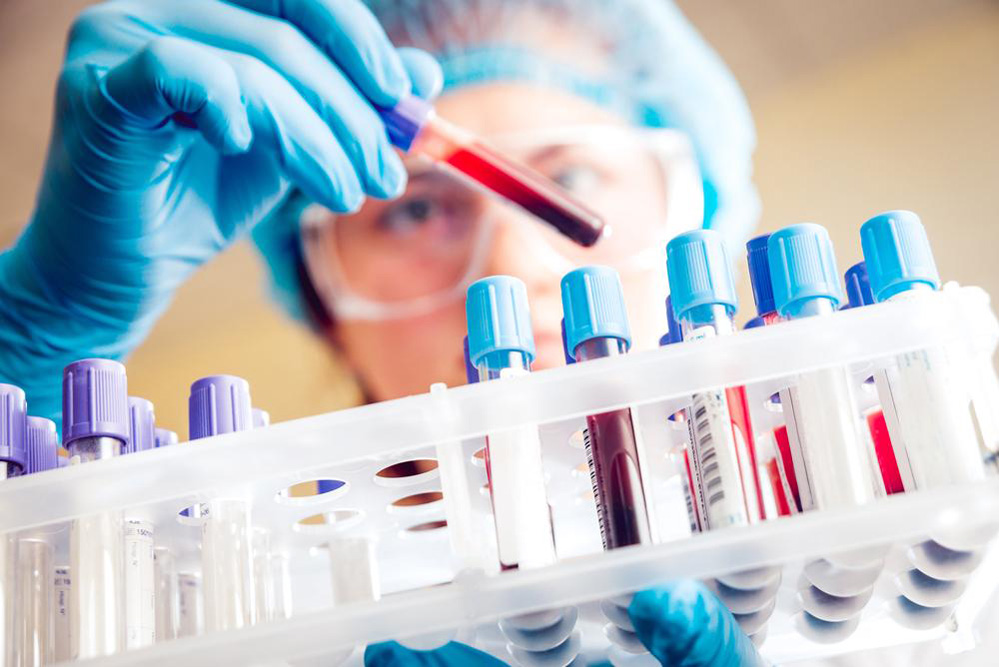What are blood thinners?
The medicines that help the blood in your body to flow through the veins and arteries are called blood thinners. They stop the formation of blood clots and also prevent the existing clots from growing bigger. These medicines are basically prescribed to treat defects in the heart and some heart diseases. It also treats conditions that raise your risk of getting blood clots.
These medicines are good at protecting your body from strokes and heart attacks.

Different types:
There are basically two types of blood thinners called anticoagulants and antiplatelets. Anticoagulant pills stop the blood in your body to form clots or solid cell lumps that stick together. Some popular pills include:
Dabigatran (Pradaxa)
Apixaban (Eliquis)
Fondaparinux (Arixtra)
Edoxaban (Savaysa)
Rivaroxaban (Xarelto)
Heparin (Innohep, Fragmin, Lovenox)
Warfarin (Jantoven, Coumadin)
The powerful types like Fondaparinux and Heparin are given through IV or as a shot. The anti-platelet pills are:
Clopidogrel (Plavix)
Aspirin
Prasugrel (Effient)
Dipyridamole (Persantine)
These medicines do not break up the already existing clots, but they can slow down the growth of the clots. They can only prevent new clots from forming. They do not actually make your blood thin, but they stop your blood from getting thicker. The human body needs Vitamin K to make proteins called clotting factors. This protein binds the blood cells and platelets together. When you take anticoagulants, it removes Vitamin K from the liver to eliminate the process of binding blood cells and platelets.
Antiplatelets are weaker than anticoagulants. These pills stop the platelets from sticking to the walls of the blood vessels and are prescribed to the patients who are at the risk of getting blood clots in future.
Side effects:
When you are taking these medicines, you should be careful while taking part in things where you can get hurt. If you happen to get hurt, you will take a longer time to heal because these medicines prevent the blood from clotting. Call an ambulance if you notice any of the following symptoms:
Heavy menstrual periods
Blood in urine or stool
Bleeding from nose or gums
Vomiting
Coughing up blood
Weakness
Dizziness
Severe headache
Stomach ache
Remember to ask your doctor about the precautions you need to take while taking any of the blood thinners. Also keep away from some leafy vegetables that contain Vitamin K. Do not take any new medication without asking your doctor first.